How is it that we can’t remember all the information we read for an exam, where we left our house keys, or what was on the shopping list we left on the kitchen counter, but we can recall every word of a song that we liked when we were a teenager?
Research shows that there are three main reasons why we are much better at remembering lyrics to a song, instead of all the other more practical things we wish we could remember! It comes down to exposure, emotional triggers and motor memory.
Exposure
We hear music almost everywhere we go: in the car, on the television, in the shopping centre and while we are exercising. The more we are exposed to something the more likely we are to remember it, especially when it is the same every time we hear it. The more we hear a song, the more likely we are to remember it.
Emotional triggers
Often we can remember the song we were listening to during significant life events. Whether these were happy or sad events, the song can become linked in our minds to the event. Think of occasions such as a proposal or a special birthday – many people always remember a song that was playing during these times.
Motor Memory
Music lyrics are part of our motor memory, the same memory that is used for things we do every day such as dancing, driving and playing a musical instrument. Motor memory can be likened to riding a bike; whilst we might not ride our bike for a year or more, we never really forget how to do it. Other research suggests that patterns of sounds and words in songs being linked by rhyme help us to remember lyrics better.
Learning to play a musical instrument provides some very useful skills that students can use to enhance their classroom learning.
As well as requiring discipline and determination, music also teaches us about beat and rhythm, which helps children to develop fluency in their reading. When we sing music, regardless of whether it’s in the shower, the car or on the stage, we enhance our vocabulary, learn some poetic language and hear how words should be pronounced. Toddlers who learn music discover concepts such as fast and slow, start and stop, reading from left to right and numbers.
The music program at Guildford Grammar School is going from strength to strength, with large numbers of students enrolling for lessons or to be part of one of our many ensembles and bands, especially after our popular Retro on Swan concert!
At present there are 38 bands and ensembles that students can join. These range from Bang, Crash & Boom and P-Rock Band in the Preparatory School to the Guildford Grammar Symphony Orchestra and the New Orleans Marching Band in the Senior School.
Keep an eye out on our calendar for all of the music events and performance opportunities that our students can participate in across the year, including regular performances at St John of God Hospital in Midland, large-scale community concerts such as Retro on Swan, Rock @ The Crooked Spire and Steam Punk at the Fremantle Prison.
Guildford Grammar School offers a number of music scholarships each year, with applications invited in November and closing in February. For further information on our scholarships, please visit our website at or contact our Registrar on 9377 9247.






